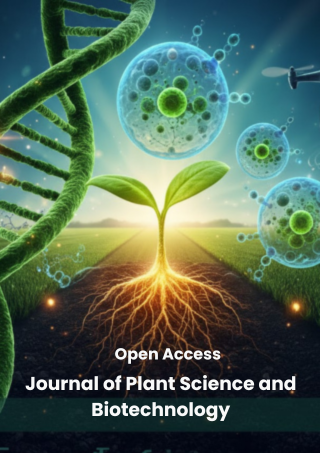Agricultural Biotechnology
Agricultural biotechnology applies advanced biological techniques to improve crop productivity, resilience, and nutritional value. By integrating molecular biology, genetic engineering, and genomics, this field offers innovative solutions to address global challenges such as food security, climate change, and sustainable farming. It enables the development of Genetically Modified (GM) crops with traits like pest resistance, herbicide tolerance, drought tolerance, and improved nutrient content, reducing reliance on chemical inputs and increasing yield stability. Beyond genetic modification, agricultural biotechnology encompasses marker-assisted selection, molecular breeding, tissue culture, and genome editing technologies such as CRISPR/Cas9. These approaches accelerate the creation of superior crop varieties, enhance disease resistance, and expand the potential for cultivating crops in marginal environments. Another vital dimension of agricultural biotechnology is its role in producing biofertilizers, biopesticides, and bio-based products that support environmentally friendly agriculture. It also extends to livestock improvement, aquaculture, and the use of microbial biotechnology for soil health management. By combining innovation with sustainability, agricultural biotechnology empowers farmers, scientists, and policymakers to create more resilient food systems for a growing global population.
Article Processing Timeline
| 2-5 Days | Initial Quality & Plagiarism Check |
| 15 Days |
Peer Review Feedback |
| 85% | Acceptance Rate (after peer review) |
| 30-45 Days | Total article processing time |
Journal Flyer


